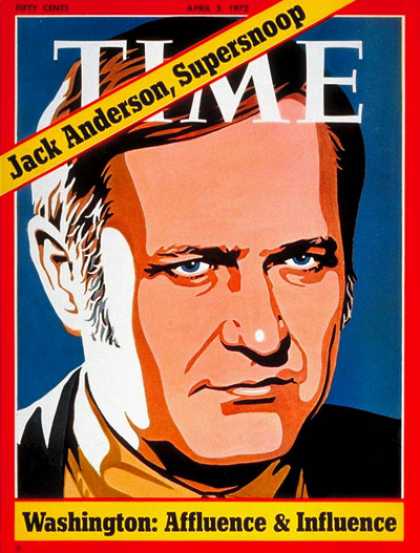
I had written a blog exactly a year back (January 2009) regarding the presence of a Central Intelligence Agency (CIA) mole in the then PM Indira Gandhi’s cabinet and US’s tilt towards Pakistan during the 1971 war.
Jack Anderson, an American investigative journalist, first reported about the US tilt towards Pakistan under secret orders from then President Richard Nixon. Anderson got the Pulitzer Prize for national reporting in 1972 for his reports on US’ tilt away from India.
The United States administration had ordered a high-level inquiry into the special reports by Anderson in The Washington Post on December 14 and December 16, 1971. The objective of the US inquiry was to find the person who leaked the sensitive information to Anderson. Recently declassified documents from the Nixon Presidential Archives reveal the players behind the entire episode and also discloses the name of the person who leaked the information to Anderson.
Anderson’s newspaper reports disclosed highly classified information regarding the India-Pakistan war, which was known to a very close group of senior US policy makers advising President Richard Nixon on the South Asian conflict. His reports caused great embarrassment to the US administration as they clearly disclosed the US administration’s tilt (working towards providing fighter planes to Pakistan via Jordan, sending a naval task force in the region to threaten India) towards Pakistan.
The investigators questioned a number of senior US officials regarding the leak. The individuals under investigation were either directly involved in the policy making or served as aides to people who were part of the classified discussions which were leaked. The individuals include:
1. Mr. James H. Noyes (Deputy Assistant Secretary for Near East, African and South Asian Affairs, Office of International Security Affairs)
2. Rear Admiral Robert O. Welander (Assistant For National Security Affairs to The Chairman’s Staff Group, JCS, and Senior Member of The National Security Council Staff)
3. SP5 Floyd G. Hagar
4. Chief Yeoman William R. Sessoms
5. YNI Charles E. Radford
6. YNI Norman R. Coleman, USN
7. M/SGT Harry A. Dennis, Jr., USAF
8. Interview with Personnel of Chairman’s Staff Group, Office of Chairman, JCS
- Colonel Bennie L. Davis, USAF
- Colonel Wallace H. Nutting, USA
- Colonel J. A. MacDonald, USMC
- Captain Sayre Swarztrauber, USN
The investigators even conducted polygraph examinations on certain individuals (YNI Charles E. Radford, USN; R/A Robert O. Welander, USN; YNC William R. Sessoms, USN; SP5 Floyd G. Hagar, USA; YNI Norman R. Coleman, USN; M/SGT Harry A. Dennis Jr., USAF) to ascertain the truth behind the leak.
The now declassified investigation report states that out of all the individuals who were interviewed, only one (YNI Charles E. Radford, USN) of them knew Jack Anderson personally. The investigative report states that although Radford denied passing on any information to Anderson, the results of his polygraph tests suggested otherwise. But he confessed to purloining sensitive papers from the National Security Council (NSC) without authority and passing them to his military superiors.
The report does not conclusively nail down Radford as the alleged leaker of information but points towards a number of circumstantial evidence (relations with Anderson, cash crunch, sympathetic attitude towards India) suggesting his involvement.
But another recently declassified document, also in Nixon Presidential Archives, clearly states that Charles Radford was responsible for leaking classified information regarding India-Pakistan war to Washington Post journalist Jack Anderson.
A memorandum for President Nixon prepared by David Young (Special assistant at the National Security Council in the Nixon Administration and an administrative assistant to Henry Kissinger) regarding the investigation states: “Through electronic surveillance of Radford in Oregon, information is developed confirming that he was the channel to Anderson.”
It further states that when Anderson received the Pulitzer Prize for his reports on India-Pakistan war, Radford was telephoned and congratulated by his father-in-law. Radford too called Anderson on the same day to congratulate him.
While, the US inquiry blamed Radford for leaking information to Jack Anderson, it helped India indirectly. President Nixon had told the US Congressional leaders that US was neutral in the India-Pakistan conflict but Anderson’s special reports (with the help of the information Radford leaked) revealed how Nixon had secretly ordered a tilt towards Pakistan. This brought about a lot of pressure on the Nixon administration within the US.
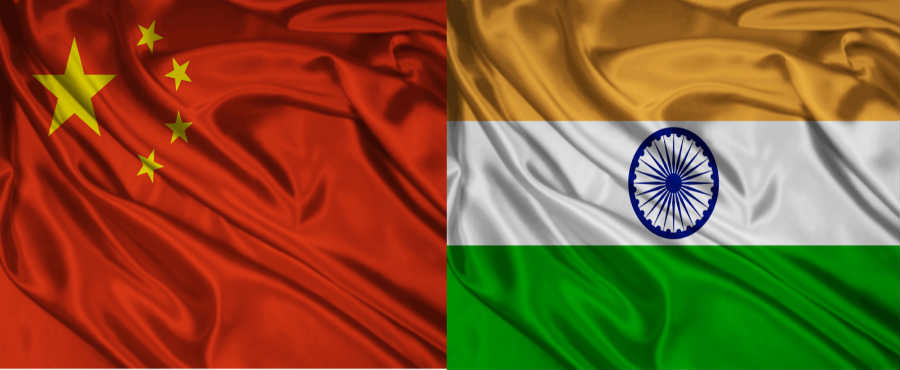
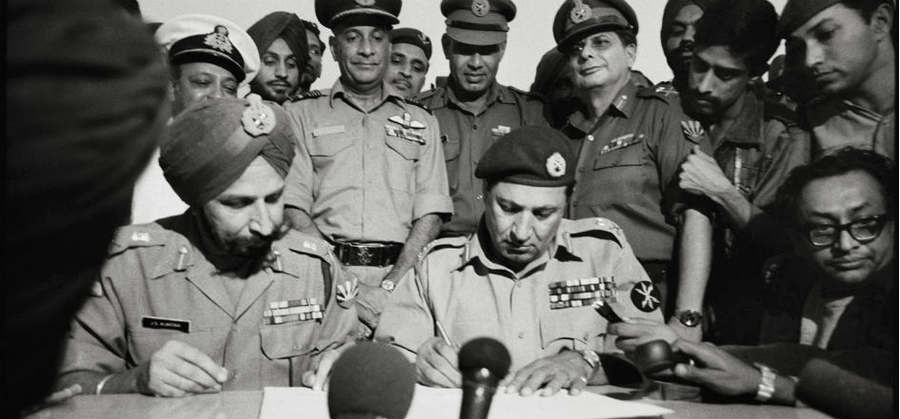
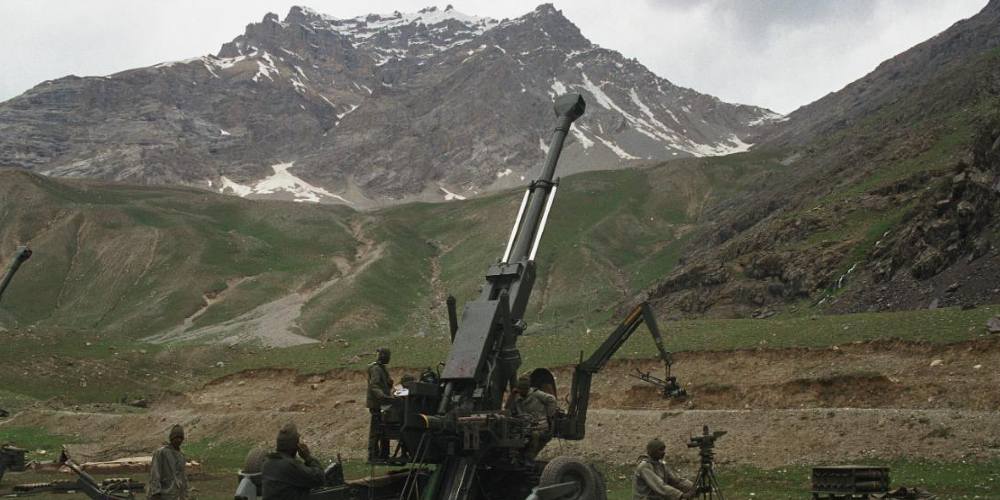
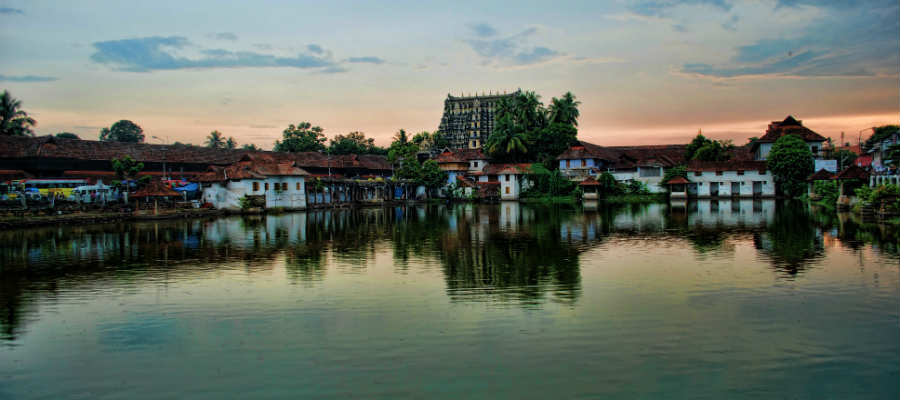
One Comment